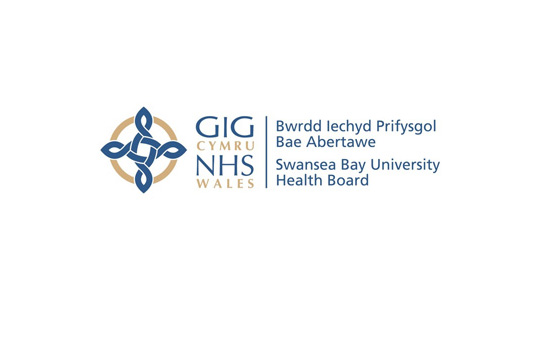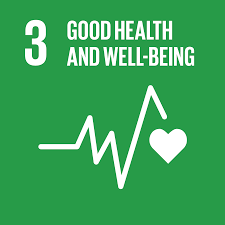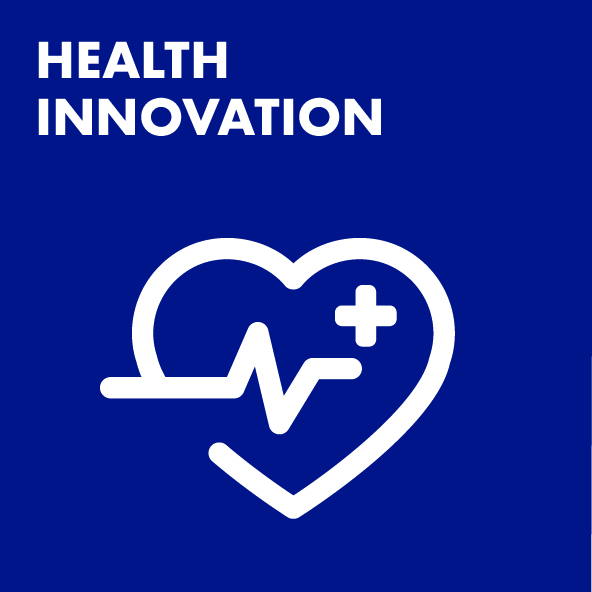The Challenge
A portfolio of Swansea University based research is focused on operations management, organisational innovation and supply chain research within the context of health and care provision in the Welsh NHS. The ambition is to create an economic and environmentally sustainable health and care service for the community by harnessing the talents of NHS staff with the support of robust research of high impact.
The Method
Focused on driving process improvement, sustainability and innovation, recent projects have included:
- Repurposing farming estate to grow fresh sustainable produce, and provide patient therapies, exercises, social interaction and improved mental health;
- Rethinking waste streams and changing old mindsets;
- Capturing and cleaning the steam and heat from hospital processes to use to support crop growing;
- Using waste land for solar farming to offset energy bills and to assure a low-cost sustainable NHS service;
- Recycling equipment and materials that benefit society including the repurposing of beds from temporary Covid hospitals to local children to alleviate sleep poverty;
- Rethinking the role of the central pharmacy in reducing medicine wastes and packaging;
- Recycling hospital consumable items to convert into new products of value to non-health supply chains;
- Questioning the design of future hospitals and how efficiencies can be generated through better operating theatre designs and waste free flows.
Studies have been contextual and participative with preferred methodologies including those aimed at solving problems - case study analysis, participative action research and experiment cycles that unite academics and professionals.
Impact
The research is delivering significant impact for stakeholders (NHS staff, the Welsh Government, key clinical professions, the patient, local community and local environment) and academics across a range of fields of study (operations management, environmental management, supply chain management, innovation management and change management). Immediately, this is in the form of resource efficiency for the organisation and in total cost of ownership reductions. New impact has also been generated through the establishment of new community impact companies that are capable of generating profits and revenues that make the service provided ‘free’.
In the health and care context where governance is key, there have been many tangible and intangible benefits of the research including improvements in staff and patient morale, patient and process safety, the delivery of care (in terms of access, location and form), and in operational costs (actual savings, reduced avoidable costs, less waste, less effort and such like).











